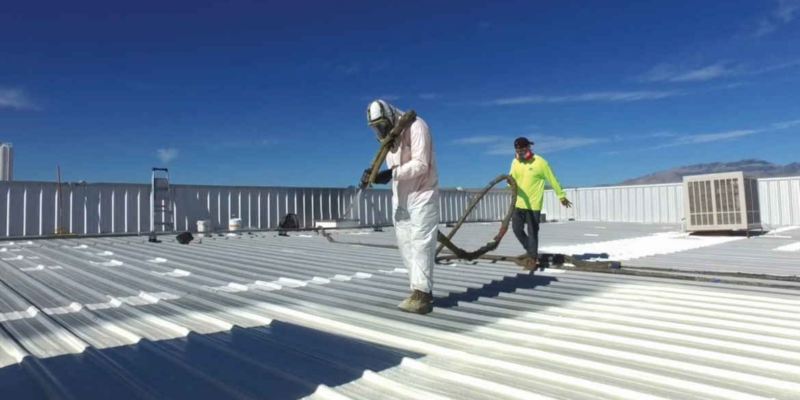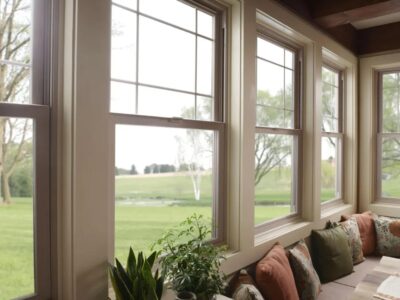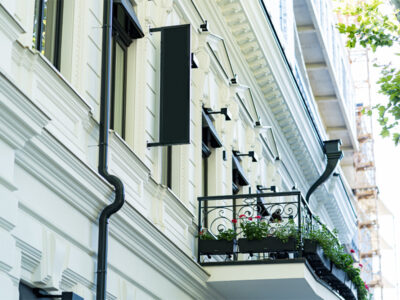When it comes to protecting your home, ensuring your roof is both insulated and durable is essential. Among the many roofing solutions available, spray foam insulation has emerged as one of the most effective and versatile options. Offering both insulation and protection, spray foam provides a robust solution for homeowners looking to maximize energy efficiency and safeguard their property.
What is Spray Foam?
Spray foam is a type of insulation material that is applied as a liquid and then expands into a solid foam. This foam seals gaps, cracks, and seams, forming a continuous barrier across your roof. The unique nature of spray foam allows it to adapt to various roof shapes and sizes, providing a seamless layer of protection. There are two types of spray foam: open-cell and closed-cell, both offering different advantages depending on your specific needs.
Enhanced Insulation for Energy Efficiency
One of the most significant benefits of using spray foam on your roof is its superior insulation properties. Spray foam provides an airtight seal that prevents heat from escaping during the winter and keeps the home cooler in the summer. By insulating the roof deck and eliminating gaps and air leaks, spray foam reduces the energy required for heating and cooling your home. This translates into lower utility bills and a more comfortable living environment year-round.
Unlike traditional insulation materials such as fiberglass, spray foam conforms to the contours of your roof, ensuring full coverage. This means that even the smallest cracks and voids are sealed, preventing drafts and maintaining a consistent temperature inside your home. As a result, homes with spray foam insulation are more energy-efficient and experience fewer temperature fluctuations.
Roof Protection Against the Elements
In addition to its insulation benefits, spray foam provides excellent protection against weather conditions. The closed-cell version of spray foam, in particular, is highly resistant to water. This makes it an ideal option for roofs in regions that experience heavy rain, snow, or humidity. Spray foam helps prevent moisture from penetrating the roof structure, which can lead to mold, mildew, and wood rot.
The foam also forms a strong barrier against wind, hail, and UV radiation. By creating a solid, seamless layer across the roof, it strengthens the overall integrity of the roofing system. This added durability extends the lifespan of your roof, reducing the need for costly repairs or replacements in the future.
Long-Term Durability and Cost Savings
Spray foam insulation is known for its long-lasting performance. Once applied, it can last for several decades, making it a cost-effective solution in the long run. While the initial installation cost may be higher than traditional insulation methods, the savings on energy bills and the reduced need for repairs make it an investment that pays off over time. Additionally, the durability of spray foam means that it is less likely to settle or degrade compared to other materials, ensuring that your roof continues to perform optimally for years to come.
Environmental Benefits of Spray Foam
Spray foam is an environmentally friendly option for homeowners who are looking to reduce their carbon footprint. By improving the energy efficiency of your home, spray foam reduces the amount of energy required for heating and cooling, leading to lower greenhouse gas emissions. Furthermore, some spray foam products are made from sustainable materials, further enhancing their eco-friendly profile.
Conclusion
Spray foam is the ultimate solution for your roof, offering a unique combination of insulation and protection. By improving energy efficiency, protecting against the elements, and providing long-term durability, spray foam is a smart investment for homeowners looking to enhance their roof’s performance. Whether you’re in need of better insulation, moisture protection, or a more energy-efficient home, spray foam delivers the solution you’ve been searching for.











Comments